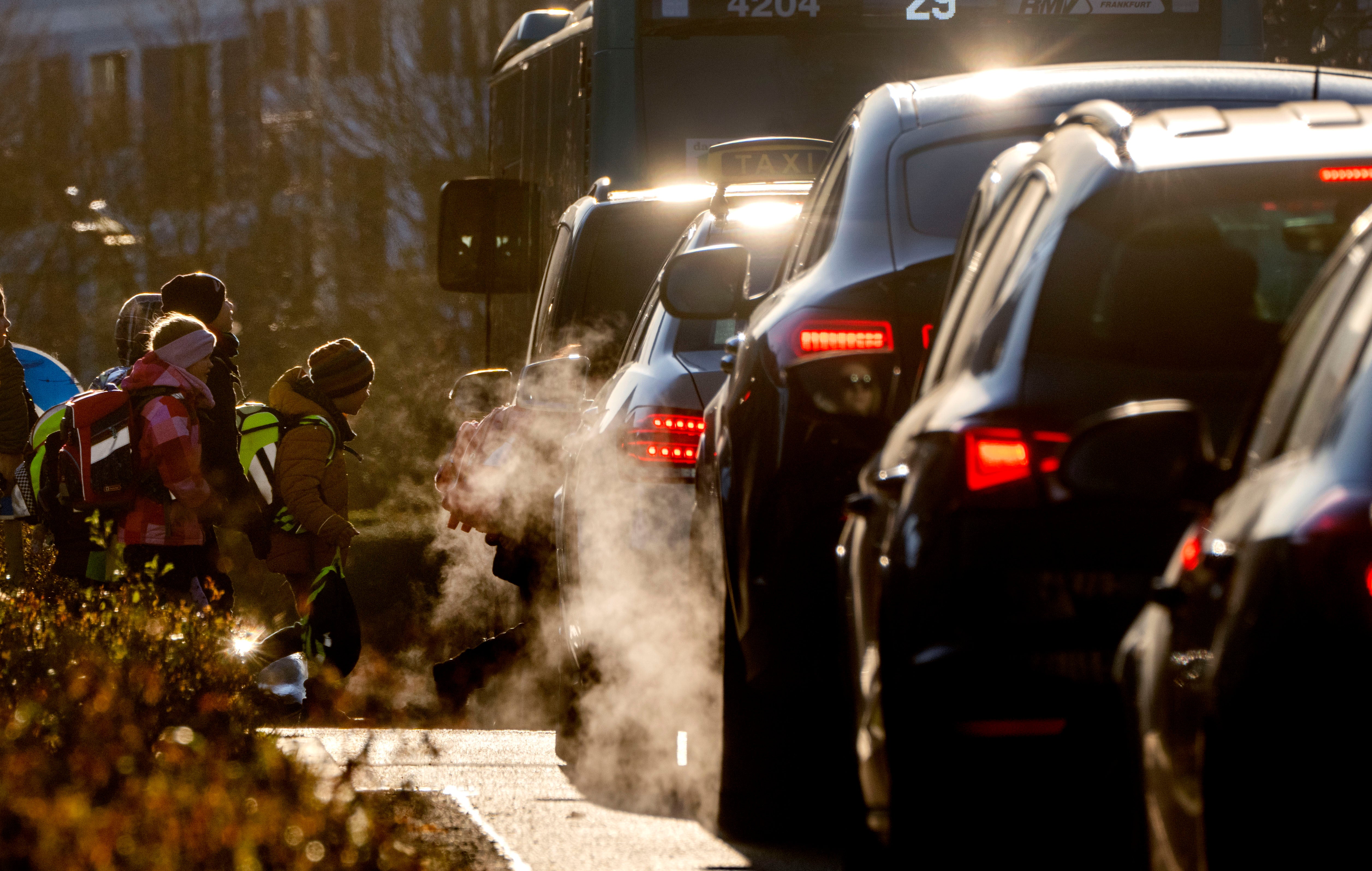Germany, EU reach agreement in combustion engine row
Germany and the European Union say they have reached an agreement in their dispute over the future of cars with combustion engines, allowing the registration of new vehicles with such engines even after 2035 if they use climate-neutral fuel only

Germany and the European Union announced Saturday that they have reached an agreement in their dispute over the future of cars with combustion engines, allowing the registration of new vehicles with such engines even after 2035 provided they use climate-neutral fuel only.
EU Commission Vice-President Frans Timmermans tweeted that “we have found an agreement with Germany on the future use of e-fuels in cars.”
German Transport Minister Volker Wissing tweeted that the way had been cleared for vehicles with internal combustion engines that only use climate-neutral fuels to be newly registered even after 2035.
“We secure opportunities for Europe by preserving important options for climate-neutral and affordable mobility," Wissing wrote.
An initial proposal by European Union member countries on new carbon dioxide emission standards for cars had been postponed amid opposition from Germany. The EU had wanted to ban the sale of all new cars with combustion engines from 2035.
Germany had demanded an exemption for cars that burn e-fuels, arguing that such fuels can be produced using renewable energy and carbon captured from the air so they wouldn’t spew further climate-changing emissions into the atmosphere.
Wissing said they had agreed on concrete procedural steps and that a specific timetable has been made binding. “We want the process to be completed by fall 2024,” he added.
Timmermans also wrote that “we will work now on getting the CO2-standards for cars regulation adopted as soon as possible.”
The issue has driven an ideological wedge within the German government between Wissing’s libertarian Free Democratic Party and the environmentalist Green party, which had backed a complete ban on combustion engines.
Germany’s main opposition party, the center-right Union bloc, also opposed an EU-wide ban on combustion engine vehicles, warning that it would harm the country’s prized auto industry.
Critics say battery-electric technology is a better fit for passenger cars and precious synthetic fuels should be used only where no other option is feasible, such as in aviation.
Bookmark popover
Removed from bookmarks